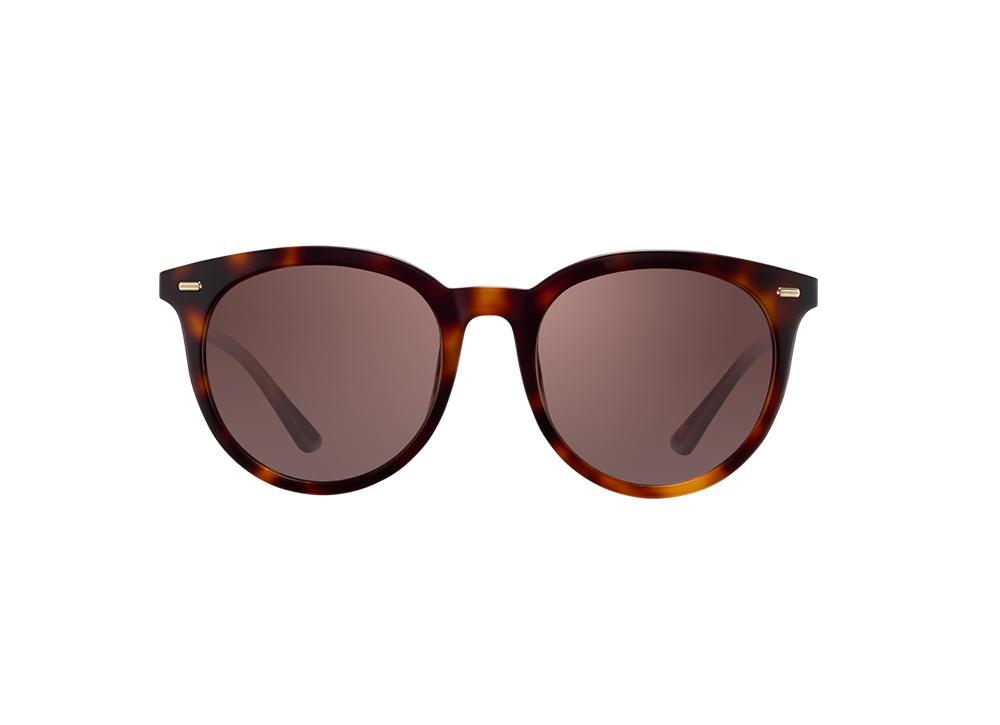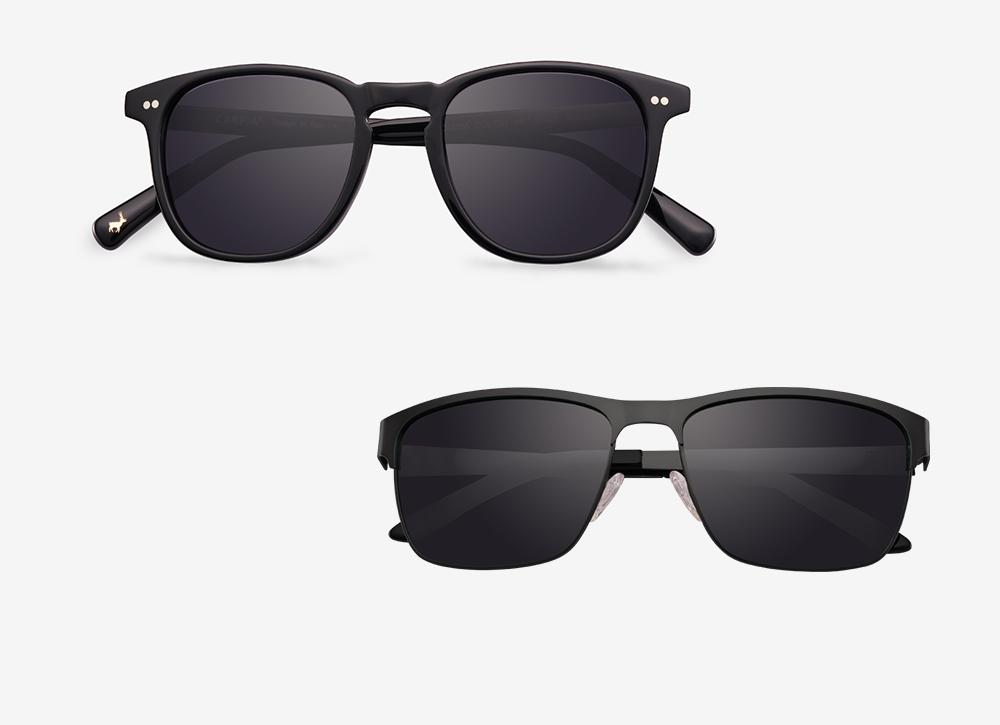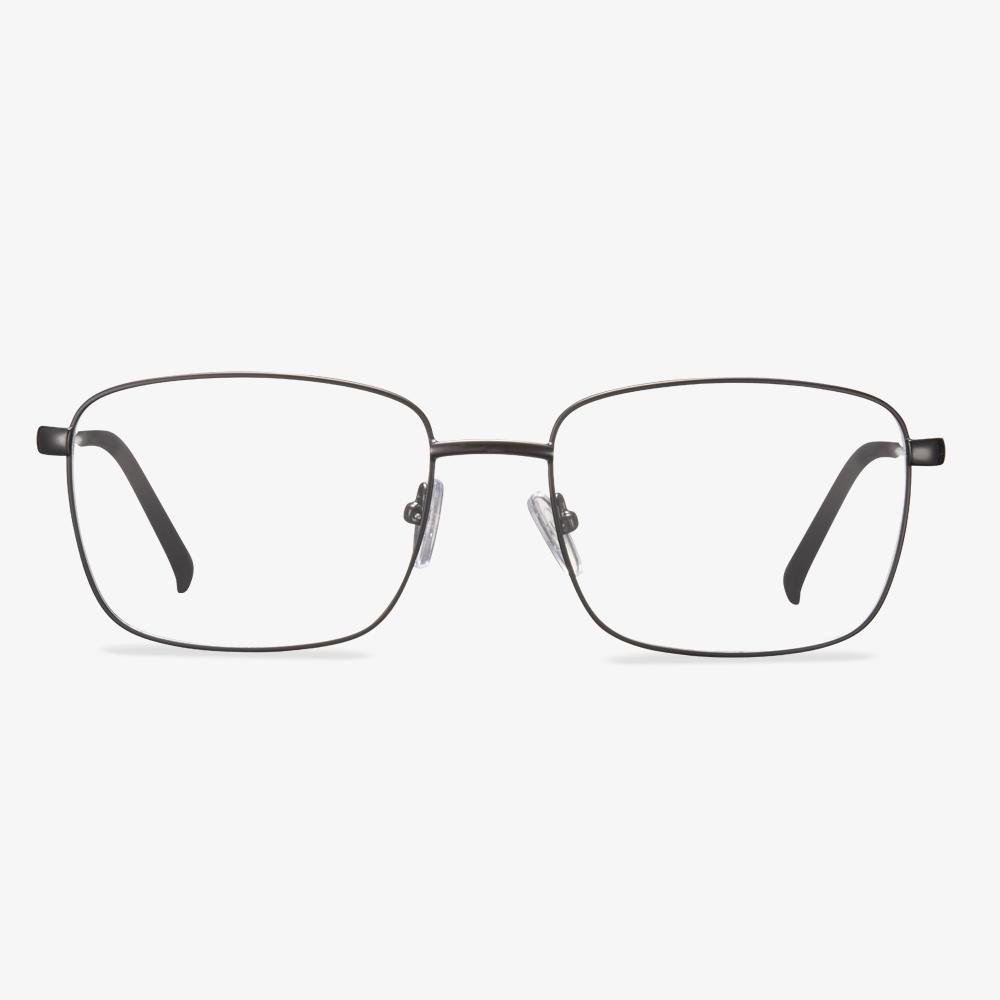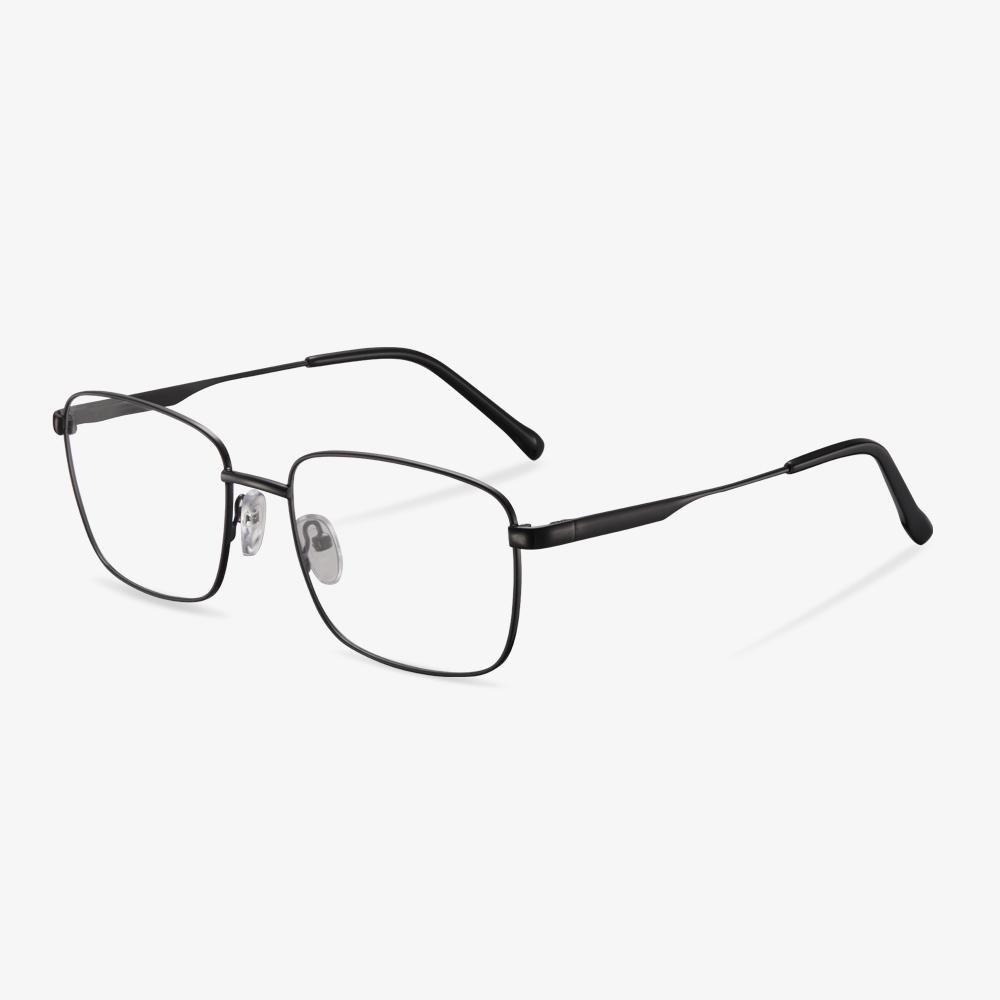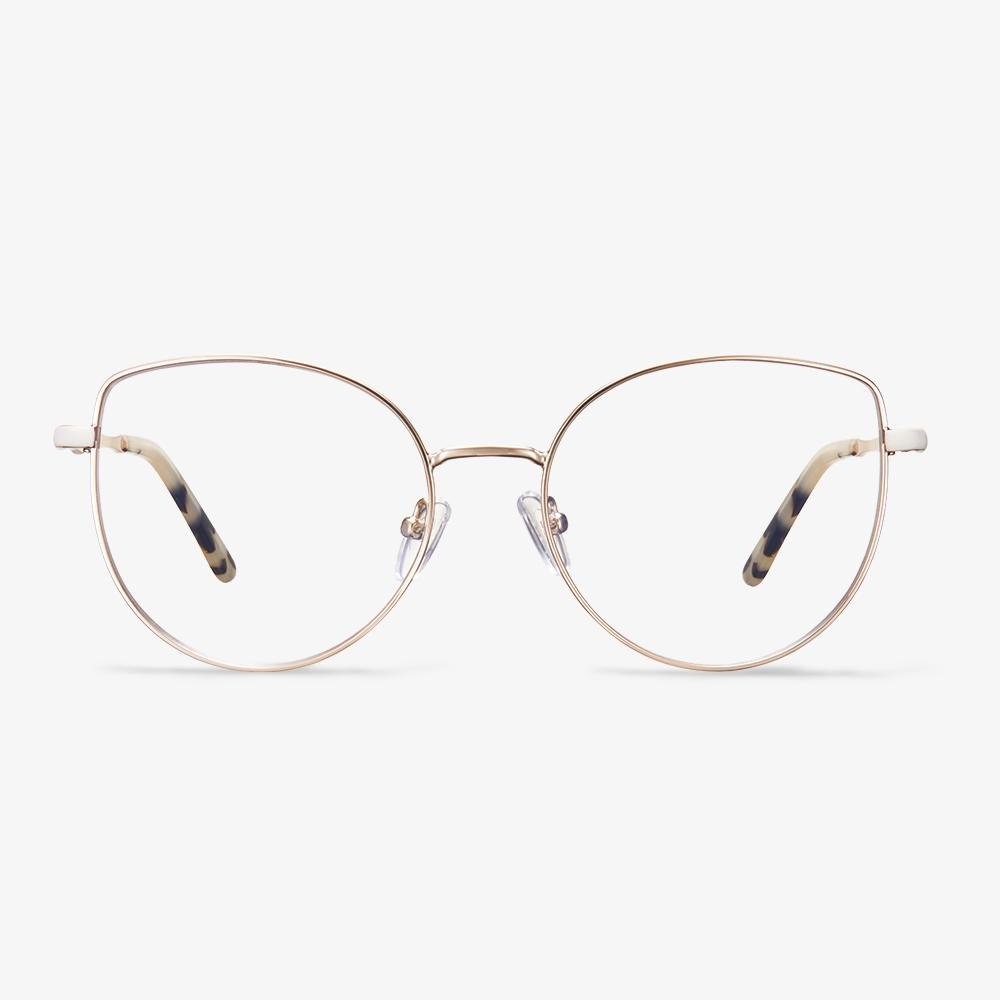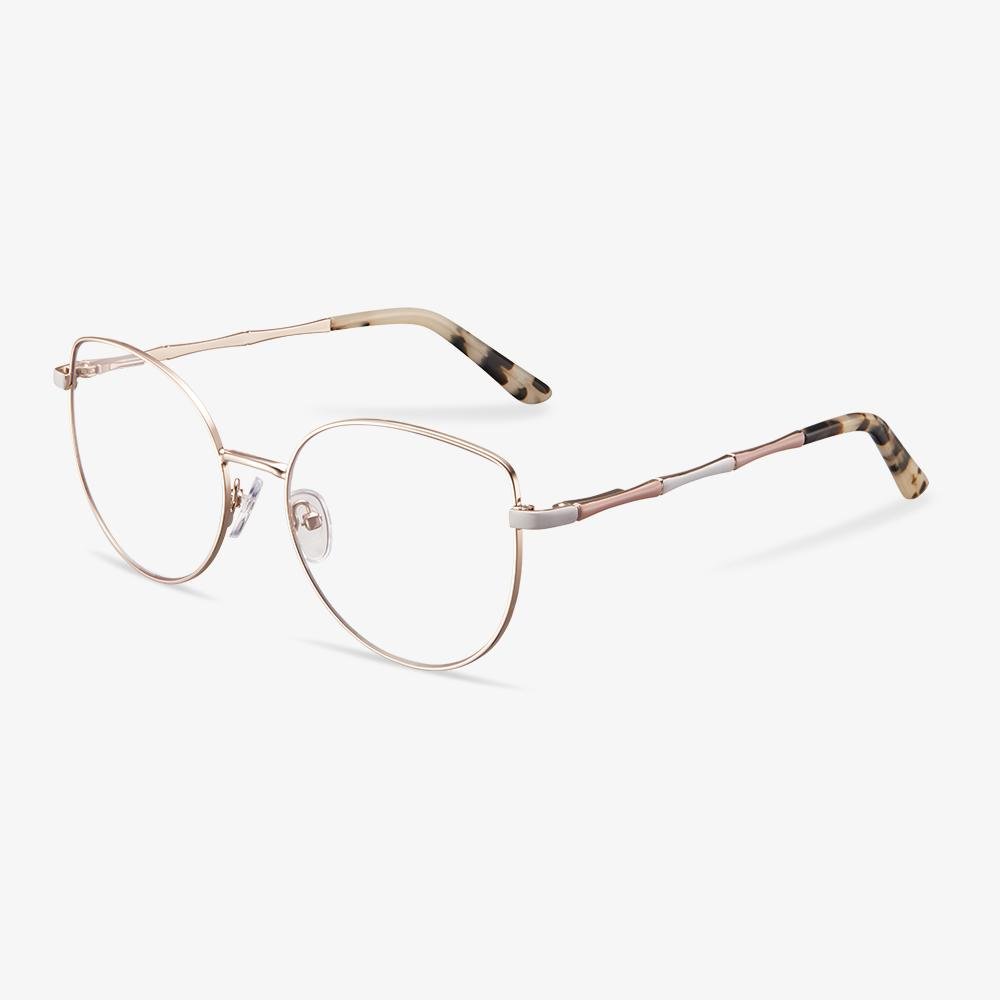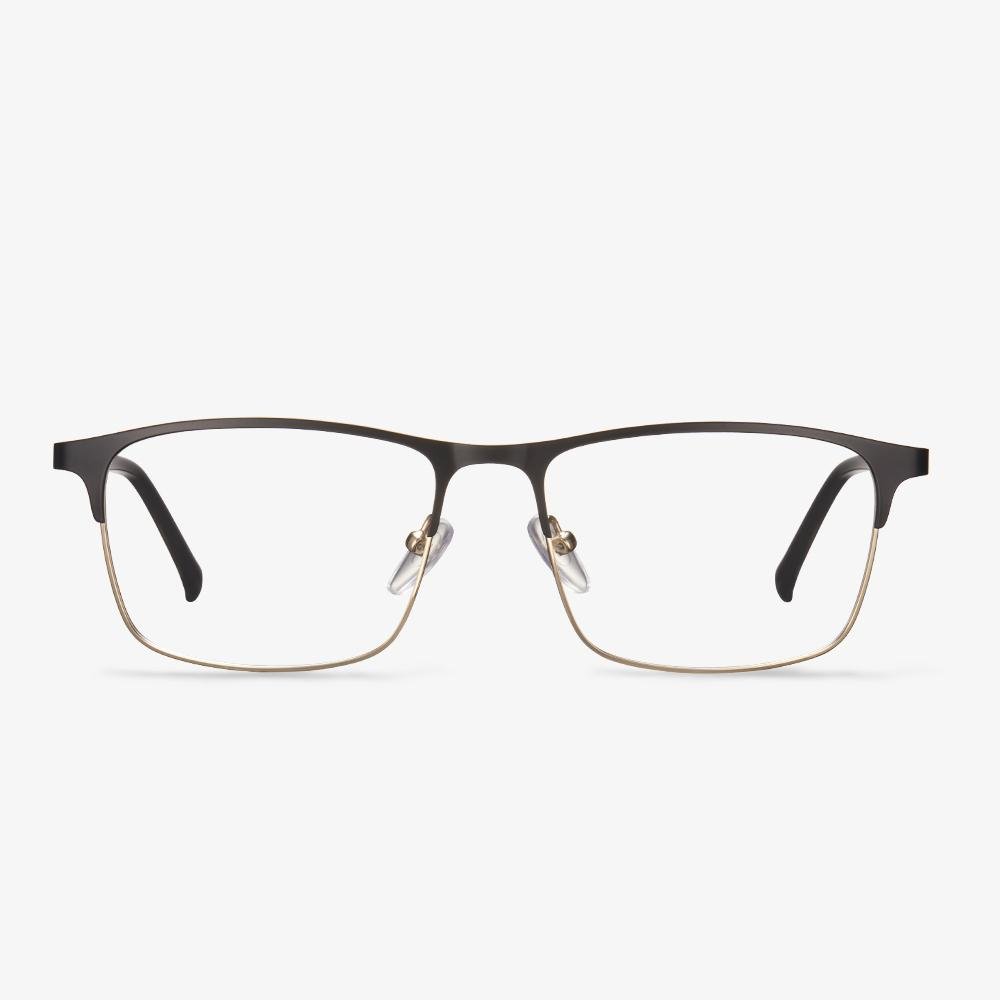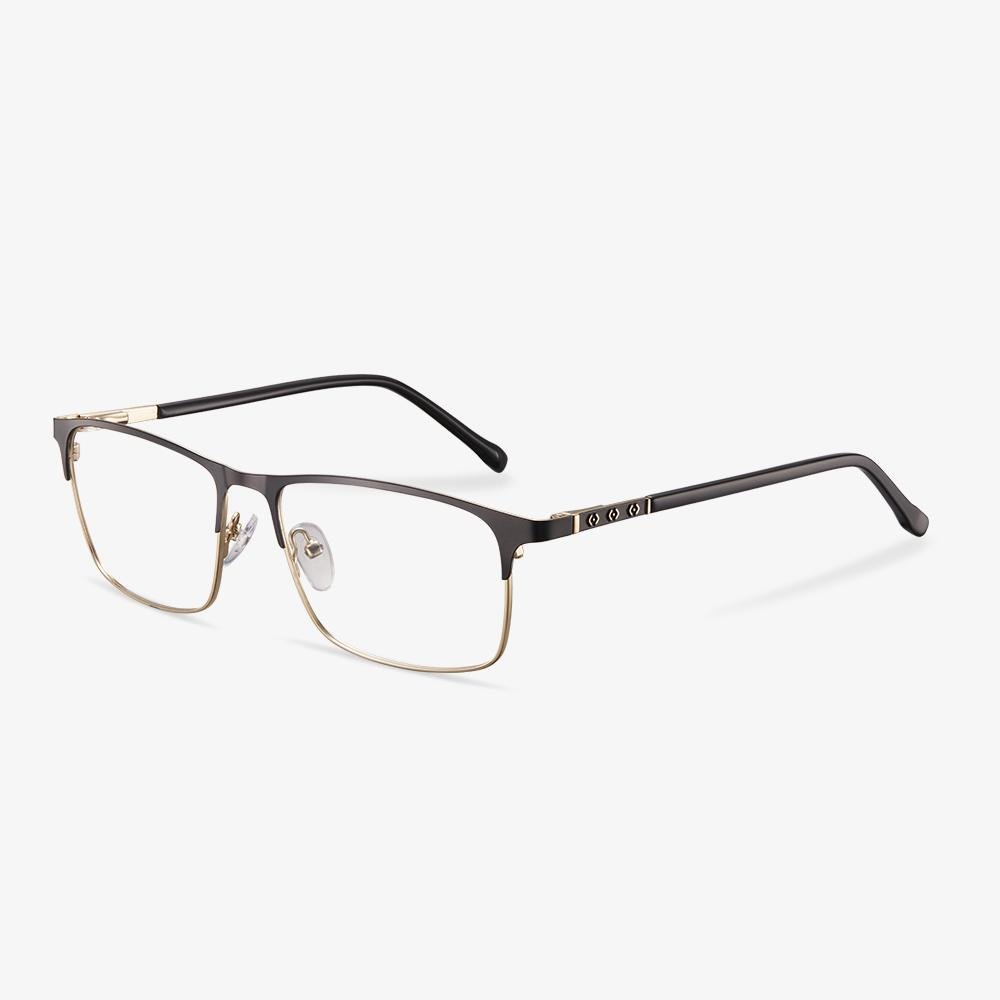In the previous article, we discussed “What are the benefits of wearing sunglasses?”. In this article, let’s talk about “Do non-polarized sunglasses have UV protection?”.
Do non-polarized sunglasses have UV protection?
There is no relationship between polarity and anti-UV. However, the application environments of polarity and anti-UV overlap. Polarized sunglasses can filter out reflections of strong lights. However, the strong lights will also contain high-energy ultraviolet rays. Therefore, the polarized sunglasses need to add an anti-UV coating in order to prevent ultraviolet rays.
In addition to filtering out strong reflections, the polarizer can also cause distortion. For example, when looking at the screen with polarized sunglasses, there are often obvious uneven brightness or rainbow stripes. ?Therefore, in some cases, the polarized lens is not suitable. But the anti-UV lens has no effect in the visible light. Therefore, the UV lens does not add a polarizer due to various considerations, but polarized sunglasses usually add an anti-UV coating.(https://www.koalaeye.com/collections/polarized-sunglasses)
Principle of Polarized Sunglasses
Natural light is actually composed of electromagnetic waves that vibrate in a specific direction. The reflected or scattered light usually prefers a certain direction. This is why polarized sunglasses can filter out the sunlight reflected from the roof or pool. After natural light is filtered by the polarized lens, it can only let light in one direction pass. That is to say, the polarized lens can polarize the light first, and only allow light in one direction to pass (visible light).
Polarized sunglasses use this principle to block harmful light. When the sunlight reaches any object, it will cause harmful glare due to natural reflection or refraction. However, polarized sunglasses can completely absorb all strong lights which can cause glare and eye damage.
Functions of Polarized Sunglasses
In our life, there are many light sources producing harmful light, especially sunlight. There are three types of rays emitted from the sun,including visible lights, infrared rays, and ultraviolet rays. Among them, ultraviolet rays can cause the most serious damage to human skin and eyes. Ultraviolet rays are divided into UVA, UVB, UVC, and blue light. In these, UVA, UVB, and UVC are harmful rays. UVB has a serious impact on eyesight. Most of the corners of the eyes will absorb this UVB light, so it is important to block this light source. Therefore, polarized sunglasses are very helpful because polarized sunglasses have the function of polarizing light. They can block all harmful light without affecting the transmission of visible light in order to protect the eyes.
Polarized And Non-polarized Sunglasses
Ordinary sunglasses only use the effect of light reduction so they cannot filter light. Also, they can only reduce the intensity of glare and ultraviolet light, but they cannot completely block the harmful rays. Polarized lenses have polarizing properties, so they can completely block the dazzling glare caused by various factors such as scattering, refraction, and reflection. At the same time, it can completely block the ultraviolet rays that are harmful to human eyes. In this way, when people are under strong light for a long time, their eyes are not easy to get tired. To achieve the function of real protection, people see things more clearly and three-dimensionally.
Thank you for your time in reading our passage “Do non-polarized sunglasses have UV protection?”. For more information about sunglasses, please continue to follow KoalaEye Blog. Also, it is welcome to share and forward to Facebook and Twitter.
















